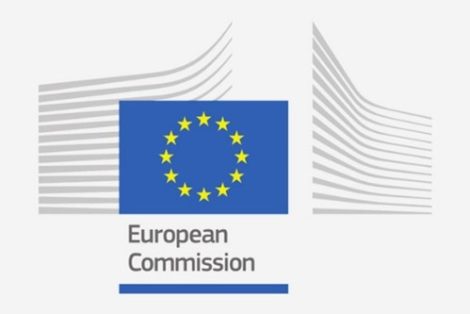-
EU: New State aid framework enables support for clean industry
Date posted:
-
-
Post Author
Tracey Biller
-

The European Commission has just adopted a new state aid framework supporting the Clean Industrial Deal (CISAF). The aim is to facilitate the development by member states of clean energy, industrial decarbonisation, and clean technology.
According to a statement published by the Commission on 25 June, the CISAF will be in place until 31 December 2030 so as to give member states and businesses long-term predictability. CISAF itself replaces the Temporary Crisis and Transition Framework (TCTF), which came into force in 2022.
The framework simplifies State aid rules in five main areas:
- the roll-out of renewable energy and low-carbon fuels
- temporary electricity price relief for energy-intensive users to ensure the transition to low-cost clean electricity
- decarbonisation of existing production facilities
- development of clean tech manufacturing capacity in the EU
- de-risking investments in clean energy, decarbonisation, clean tech, energy infrastructure projects and projects supporting the circular economy
As a ‘fast-track’ for the rollout of clean energy, the new framework covers support for both renewable energy schemes and low-carbon fuels such as blue and green hydrogen. New rules on flexibility measures and capacity mechanisms give member states additional tools to integrate wind and solar power into the energy supply, while ensuring consumers benefit from reliable electricity supply.
Member states may also provide electricity price support for energy-intensive companies operating in sectors particularly exposed to international trade, and heavily dependent on electricity for their production. This will allow member states to reduce the electricity costs of energy-intensive users that face higher costs than competitors in regions with less ambitious climate policies. In return for receiving price support, companies will be required to invest in decarbonisation.
The framework allows for support for a wide array of decarbonisation technologies such as electrification, hydrogen, biomass, carbon capture utilisation and storage.
Read the full statement here.
